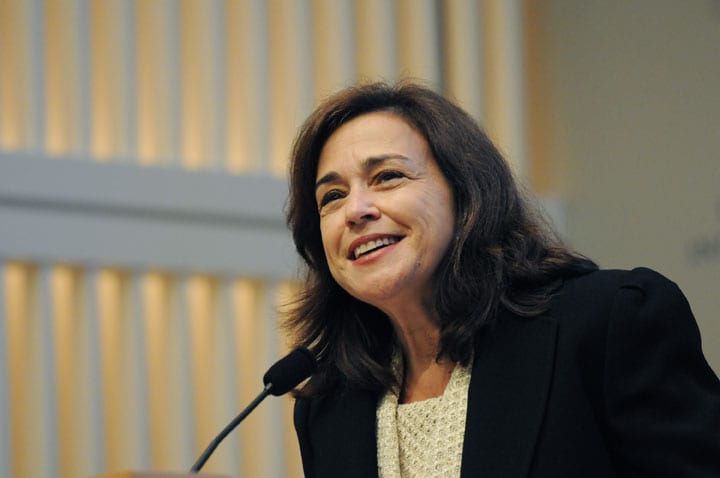By Brian O’Rourke
Established in 1961, the Bureau of Educational and Cultural Affairs works to establish cultural exchanges between the United States and other countries around the world. Through academic, professional, athletic, and artistic exchanges, the ECA allows people from around the world to experience life in the United States and Americans to experience life in a variety of other countries. Through these exchanges the ECA fosters deep, meaningful relations between countries and is able to advance diplomacy through genuine connection between cultures.
In this PDx interview, GW third-year student Brian O’Rourke talks to Acting Assistant Secretary Lussenhop about the importance of cultural exchange programs in US diplomacy at large and the role of public diplomacy in strengthening relationships between countries.

Matthew Lussenhop serves as the Acting Assistant Secretary of the ECA. He has served as a Foreign Service Officer since 1990. His career in Public Diplomacy has extended from serving as Public Affairs Counselor in the US Embassy in Kabul, Afghanistan to the Deputy Chief of Mission at the US Embassy to Belgium. And he has held positions in various US embassies including Riyadh, Saudi Arabia; Kuwait; Muscat, Oman; Rabat, Morocco; Sofia, Bulgaria; and Manila, Philippines.
Lussenhop also discusses the importance of cultural exchange programs in US diplomacy at large and the role of public diplomacy in strengthening relationships between countries. He explains how the ECA’s cultural exchange programs have been impacted by COVID 19 and his own experience as a Foreign Service Officer.
Enjoy the PDx episode: Building enduring networks: The ECA

Brian O’Rourke is a student in the SMPA 3350 Public Diplomacy class taught by Public Diplomacy Fellow Emilia A. Puma. He is an undergraduate student in International Affairs and Political Communication, Class of 2022.
The opinions expressed in this podcast are those of the interviewer. They do not express the views of the Institute for Public Diplomacy and Global Communication or the George Washington University.


